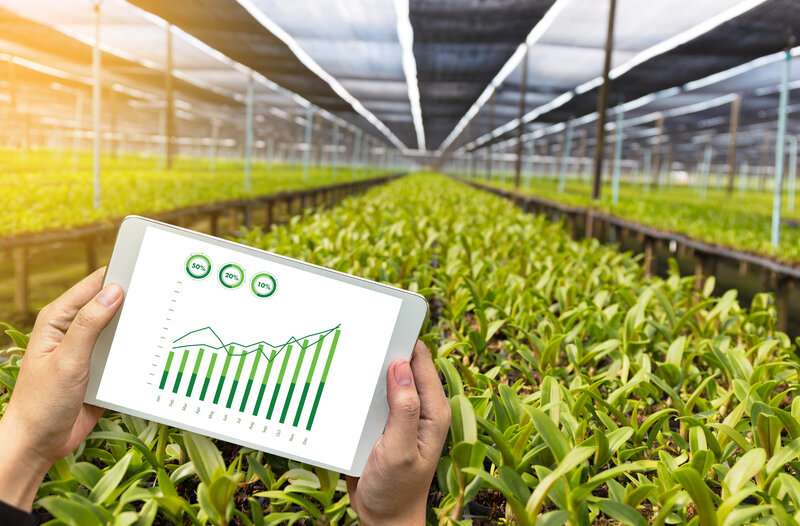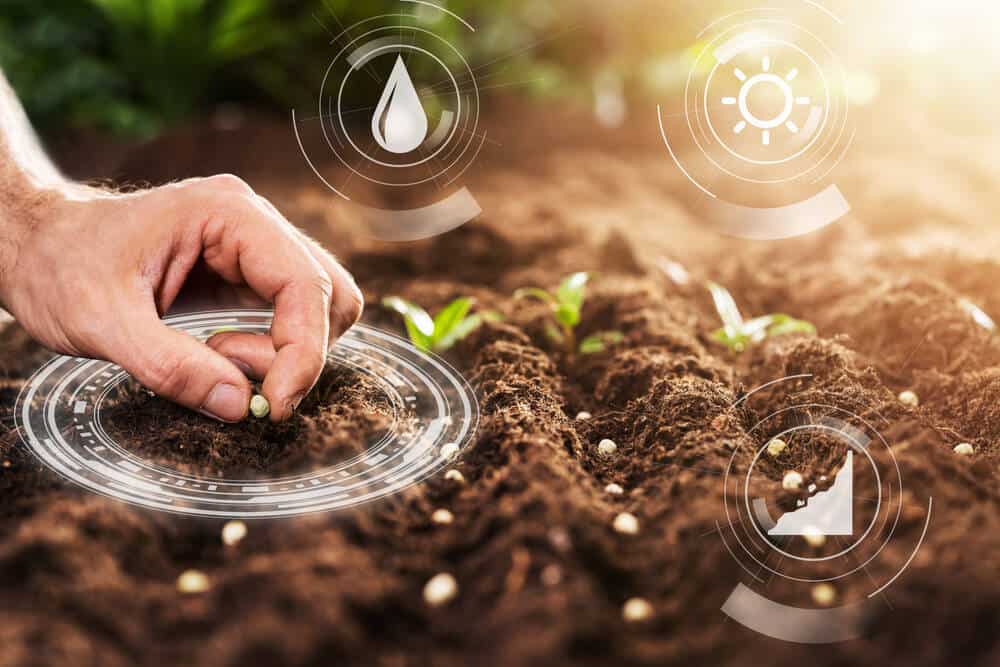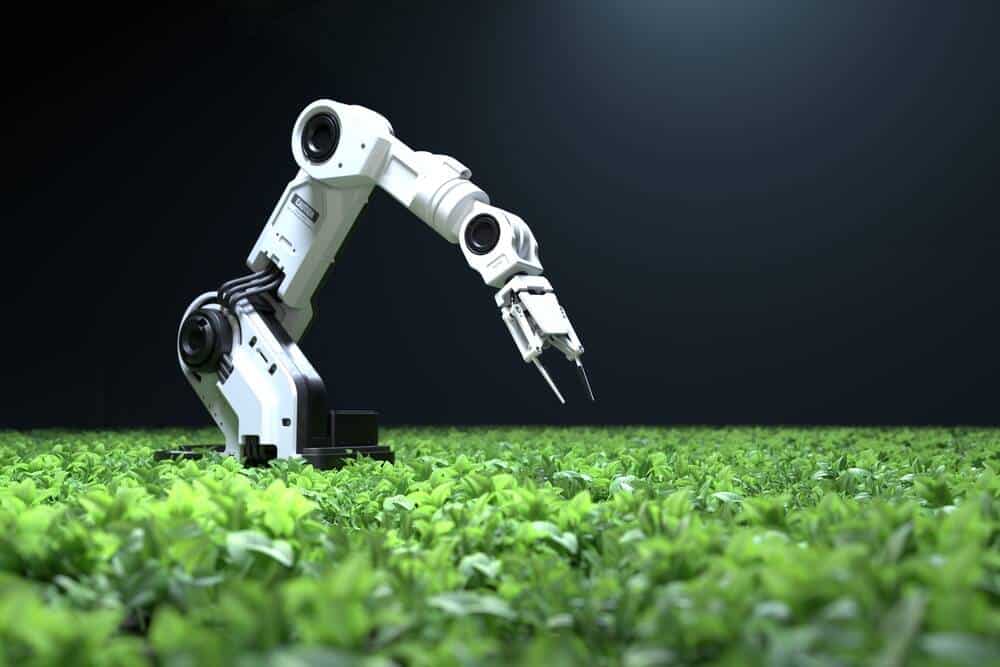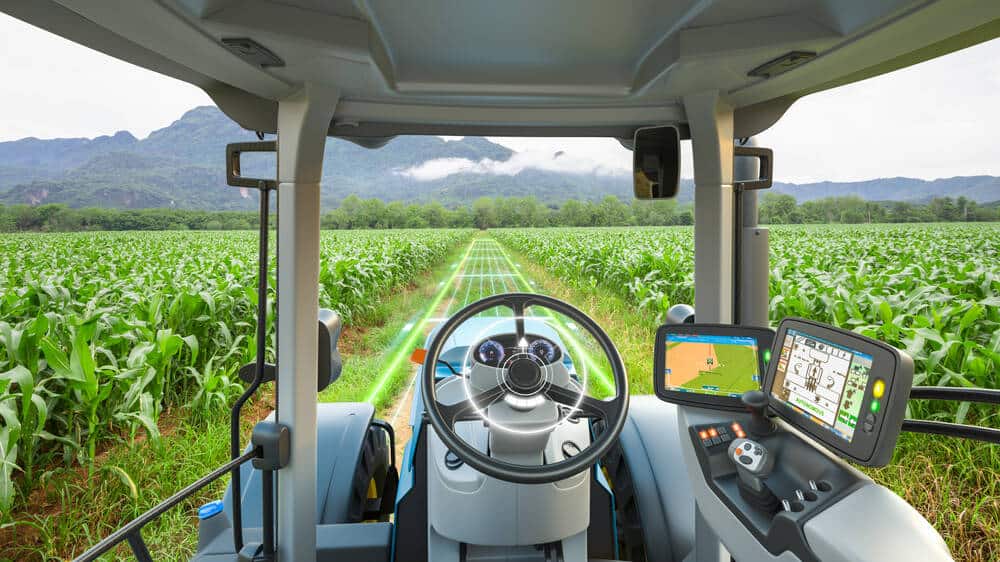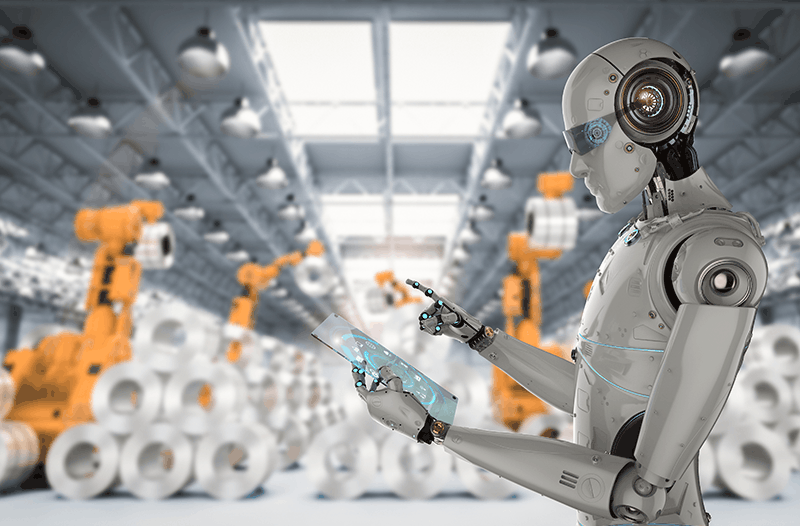The agricultural sector will undergo significant transformation in the future.
Since COVID-19 was first discovered in December 2019 in Wuhan, China, it has spread rapidly across the globe. Once the WHO declared it a pandemic, many countries went into lockdown to curb the spread of the virus. While lockdowns have been fairly effective in reducing the number of infections, they have also put tremendous pressure on the world’s economy. Millions of people lost their jobs, thousands of businesses have closed for good, and entire industries have been devastated. The resulting recession will possibly be the most severe the world has ever experienced. So, what does that mean for the future of agriculture? Is there anything businesses can do to turn the tide?
Impact of the crisis on agriculture
As the coronavirus spread across the globe, people started flocking to supermarkets in order to stock up on food and supplies. This panic buying led to shortages of certain products and made it more difficult for the supply chain to meet the increased demand. Although the demand for produce in grocery stores increased during the pandemic, logistics-related issues have caused specialty crops growers to experience a decline in exported produce. Things were not easy for the grain sector or the cattle sector either.
Movement restrictions and border closures implemented to slow the spread of the virus have also caused labour shortages across the industry. However, unlike some other areas of the industry, agricultural retailers have cause to be optimistic. Having entered the growing season in a stable position, they are “optimistic for a full agronomy season given pent-up demand for fertiliser and crop protection products following last year’s complicated and wet fall application season.”
The agricultural industry during previous recessions and crises
The agriculture industry had been struggling to remain competitive and economically viable even before the pandemic. A recent analysis conducted by Boston Consulting Group (BCG) shows that the sector’s annual total shareholder return (TSR) dropped to just two per cent during a five-year period from 2014 to 2018. Agribusinesses that focused on geographic diversification, maintained their margins, and kept their debt in check have however been able to outperform their competitors. Some of these companies had invested in agriculture technology, with particular focus on precision agriculture. BCG concludes that agribusinesses that invest wisely and focus on the previously mentioned fundamentals will have a fighting chance when it comes to adapting to the industry’s evolving landscape and succeeding in the long run.
Structural changes caused by COVID-19
The coronavirus pandemic has brought new and unprecedented challenges that are bound to accelerate long-term structural changes in consumer behaviour, food systems, and food security. The pandemic has caused acute farm labour shortages all over the world, making farm labour management “the worst affected market during COVID-19.” In Italy, it’s estimated that a quarter of the food production relies on 370,000 migrant workers, who have been prevented from entering the country due to border closures.
Looking to boost their immune system and protect themselves from the coronavirus, consumers are increasingly turning to personalised and plant-based foods, which could encourage some farmers to move from traditional animal farming to plant-based production. Even though we tend to neglect the importance of locally grown food, the pandemic has encouraged many consumers to reconsider their purchasing decisions and support local farmers in times of global crises.
The current pandemic is likely to accelerate the digital transformation of the agricultural sector. By adopting digital technologies like artificial intelligence, big data, blockchain, robotics, and precision agriculture, farmers will be able to increase their productivity, reduce costs, and minimise their environmental impact.
Visions for the future of agriculture
Just like any other crisis that came before it, the recession brought about by the coronavirus outbreak will introduce sweeping changes across sectors, and agriculture will be no exception. But what kind of changes are we talking about? What new agriculture trends can we expect to see in the future? Scott Brown, a professor of agricultural and applied economics at the University of Missouri, says that the demand for agricultural products has fallen significantly due to widespread closures in the food service industry. The difficult economic situation brought about by the COVID-19 outbreak is likely to put some farmers, processors, and distributors out of business.
Stephen Blum, CTO of PubNub, believes that artificial intelligence and machine learning technologies will have a special place in the future of agriculture, helping the industry greatly improve its efficiency and sustainability. The global population is predicted to reach 10 billion by 2050 and with our existing farming techniques, we simply won’t be able to feed everyone, says David Bennell, the North American manager in the food and nature program for the World Business Council for Sustainable Development (WBCSD). The only way to achieve that is through precision farming.
Trendwatcher, futurist, and international keynote speaker Richard van Hooijdonk predicts that the future will bring major technological changes that will make agriculture smarter, more efficient, and more sustainable. Genetic engineering will enable us to produce more nutritious food that’s more resistant to diseases and pests, reducing the need for pesticides and herbicides. Technology will also transform livestock farming, allowing farmers to monitor the health of each individual animal and assess its performance using drones, cameras, and sensors installed all over the farm. Robots will take on a more prominent role on farms around the world, making farmers’ jobs easier by taking over tasks like milking cows.
Recession strategies
In order to avoid worst case scenarios and minimise the impact of the corona crisis, the agricultural sector will have to explore ways to push the industry forward and secure future revenue. Despite the fact that there are so many affordable and easy-to-use solutions on the market that make data-driven decisions possible, some farmers still rely on traditional methods to monitor their fields and decide on when to harvest their crops. Using IoT technologies, farmers can collect weather, soil, crop, and equipment data in real time and monitor their fields remotely. This has proven to be incredibly useful in periods when many farmers were unable to physically carry out field inspections – such as during corona-related curfews.
As far as technology investment goes, livestock farming tech investments are currently at least 10 years behind those in crop farming. Investment firms, startups, and bigger companies should encourage and help farmers with tech adoption. Deloitte sees the biggest potential in individual animal monitoring and analysis, also referred to as precision livestock farming (PLF). PLF uses innovative tools, such as wearables embedded with sensors, to keep track of the animals’ health and performance.
Many consumers were committed to sustainability long before the pandemic hit but the demand for sustainable food may increase even further in the near future. In order to adapt to these developments, farmers will need to transition from a rather conservative industrial food system to sustainable agriculture. Sustainable farming entails the use of toxin-free soil, natural fertilisers, and smart irrigation systems to produce healthy plants and animals. The coronavirus-induced recession will push farmers to adopt risk management solutions that help them better understand and manage risk and mitigate the negative effects of the economic slowdown.
Case studies & experiments
When the pandemic began, many farms that relied on manual labour were forced to reduce human contact and invest in high-tech tools like drones. Justin Gong, the co-founder of the Chinese drone tech company XAG, reveals that in the first two months of 2020 alone, the company had received orders for 4,000 agricultural drones. To solve the labour shortage problem, which became evident once the government imposed a lockdown to prevent the spread of the virus, date growers in Israel deployed specially programmed drones to take care of pollination on their plantations.
Farmers in Africa have also experienced major disruptions in agricultural production and trade. In fact, this region has been facing serious difficulties long before the start of the pandemic, with farms in Africa having some of the lowest rates of mechanisation in the world. To help African farmers automate some of their operations, Nigerian agritech startup Hello Tractor has developed a new mobile app. Similar to car-sharing apps that connect car owners with people who need to travel from A to B, the Hello Tractor app connects tractor owners with small-scale farmers who don’t have the necessary equipment.
Frontier, UK’s leading crop production and grain marketing company, has developed an online farm management platform called MyFarm. The platform allows farmers to manage, analyse, and store their farm data, plan operations and share information with other farmers. The pandemic has forced numerous companies and startups in the agricultural field to rethink their businesses in order to respond adequately to changes in their markets. One of these companies is the Indonesian subscription-based food service Aglonera, which runs a digital marketplace where street food vendors and other food businesses can source produce directly from farmers. During the lockdowns, however, many people were unable to eat out or buy from takeaway places, and spent much more time on cooking and eating at home. Not only did this have a negative impact on street vendors’ sales, it also reduced the need for Aglonera’s services. To survive, the company decided to form a partnership with a local non-government organisation and established a service that delivers produce from the farm to the end user.
The future of agriculture
The agriculture sector will experience a significant, tech-driven transformation over the next couple of years, becoming smarter, more efficient, and more sustainable. Innovative technologies like artificial intelligence, machine learning, robotics, drones, sensors, the IoT, and genetic engineering will revolutionise every step of the food journey, forever changing the way we produce and consume food.
The global population continues to grow at a rapid pace, and it’s becoming increasingly obvious that our existing agricultural systems won’t be able to produce enough food to feed everyone. The solution to this problem could be in precision agriculture, which allows us to gather precise data and monitor the performance of our crops in real time using the IoT, sensor technology, satellite tech, drones, and robotics. Livestock farming will also undergo significant transformation. Overall, automation is set to play an increasingly prominent role in all aspects of food production, streamlining tasks like pollination, seeding, soil treatment, weeding, fertilising, and harvesting – generally making farmers’ jobs easier. Urban and sustainable farming will also pick up pace in the future.
It’s nearly impossible to predict the future with any kind of accuracy. What we can do, however, is draw lessons from the past and take a closer look at what others who have been in a similar situation have done to overcome their challenges.
